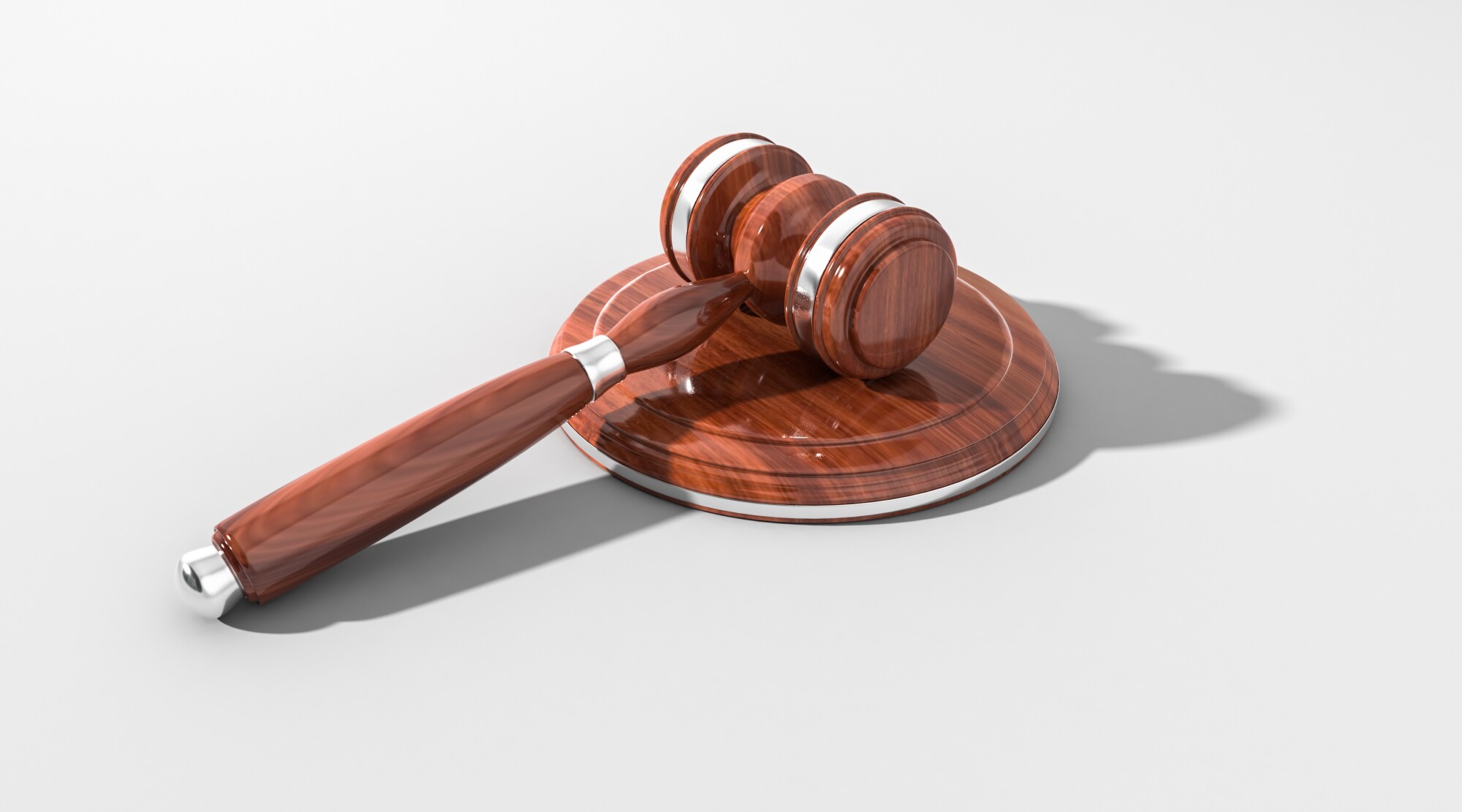If you’ve ever watched a real estate reality show like Selling Sunset or Million Dollar Listing, you know the agents get excited when someone’s listing goes into escrow.
But, what is escrow?
Escrow is a transaction that protects the buyer and seller during the home buying process. When items are “in escrow,” they are in a legal holding account. The third-party escrow account holder can release the items when the parties meet the predetermined conditions.
To learn more about escrow, keep reading.
What Is Escrow Used For?
Even though this article will focus on real estate, several exchanges use escrow accounts. Escrow accounts can hold money, securities, funds, property, and other assets.
Most buyers and sellers prefer an escrow account instead of a certified or cashier’s check.
What Is an Escrow Account?
There are two main reasons for using an escrow account in real estate.
The first is to protect the buyer’s good faith deposit. The money goes to the appropriate party based on the conditions of sale. The second is to hold funds for taxes and homeowner’s insurance.
Because they serve different purposes, there will be two different escrow accounts. The former is for the home buying process. The latter is for the lifetime of the mortgage or housing loan.
What Is Escrow on a House?
The good faith deposit, or earnest money, shows the buyer you’re serious about purchasing the home. If the contract falls through because of the buyer, the seller typically gets the money back.
If the home purchase goes through, the deposit goes towards the buyer’s down payment.
At times, an escrow holdback can happen. This is when the funds remain in the escrow account past when the home sale is final.
The are many reasons why you may delay your move-in day. For example, you may agree that the seller can stay in the home longer or find a problem during the final walkthrough.
If you’re building a new home, the money can remain in escrow until you sign off on all the construction work and permits.
What Is Escrow for Taxes and Insurance?
Once the sale is complete, your lender may establish another escrow account. As mentioned, this account is to pay for property taxes and insurance. After closing the deal, your lender or mortgage servicer will hold part of your monthly mortgage payments in the account until tax and insurance payments are due.
Lenders usually require two months’ worth of extra payments remain in the escrow account at all times to ensure there is enough cash to pay the tax and insurance bills.
What Is Escrow Disbursement?
Escrow disbursement is the payment out of an escrow account. The lender makes the tax and insurance payments on behalf of the borrower.
What Is Estimated Escrow?
Estimated escrow is the approximate monthly cost of your homeowner’s insurance and property taxes.
Yet, your tax bill and insurance premiums can change yearly. Your lender can determine your payments for the next year based on your previous year’s statements.
In some cases, you will receive an escrow refund if the escrow agent identifies you’ve paid too much money into the account.
Additional Fees
Escrow accounts don’t cover all the fees associated with homeownership. For example, if you have a homeowners association (HOA) fee, it will not come out of the escrow account. The same is true for utility bills.
The government also gives one-time supplemental tax bills when there is a change in house ownership or new construction. This out-of-pocket expense doesn’t come from the escrow account either.
Is an Escrow Account Required?
During the home buying process, an escrow account isn’t required. But, it is the standard because it protects both the buyer and the seller should the sale fall through.
If you find a problem with the house during the home inspection, the escrow agent will return your deposit to you. However, if you give your deposit directly to the owner, there’s a good chance you wouldn’t get that money back.
After the buying process is complete, as a homeowner, an escrow account will ensure you have the money for your property taxes and homeowners insurance on time.
This takes the pressure off you to pay off lump sum tax and insurance bills. And, because the lender pays the bills on your behalf, you never have to worry about them being late. In addition, your servicer will often even cover bills if your account happens to run short.
Yet, it’s also possible to pay for tax bills and insurance yourself without using an escrow account. This will lower your monthly mortgage payment. But, you still have to set aside money for taxes and insurance, even if it doesn’t go in an escrow account specifically.
Most lenders also prefer to use an escrow account. This is because if you don’t pay your tax bills on time, the tax authority can put a lien on your home. This costs the lender money.
Lack of homeowners insurance coverage could also cost your lender money if there is significant damage to the home.
Various lenders have different requirements when it comes to escrow accounts. For example, FHA loans require all borrowers to use an escrow account. However, conventional loans usually require a down payment of 20% or more to circumvent utilizing an escrow account.
Ready To Buy or Sell a Home?
Now that you know the answer to “What is escrow?” you can understand why real estate agents get excited when their listings go into escrow. While it’s not a done deal just yet, going into escrow shows good faith in purchasing a home.
But more importantly, escrow accounts protect buyers, sellers, and lenders in real estate and other sales.
If you have more questions about buying or selling a home, contact us at Granbury Realty. Our team of local experts can help you will all your real estate needs.






















